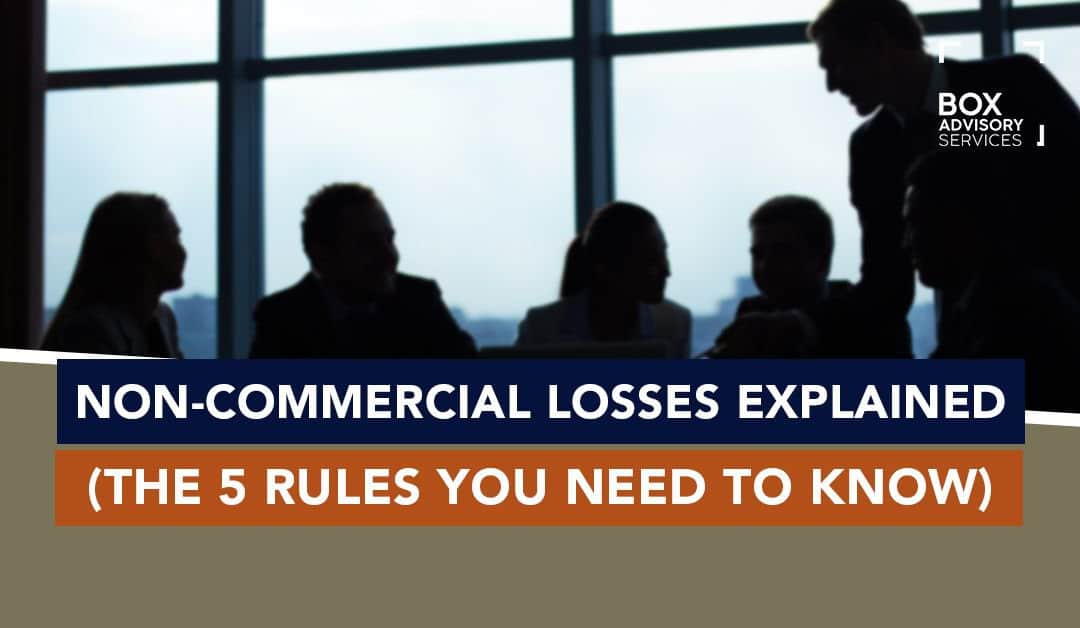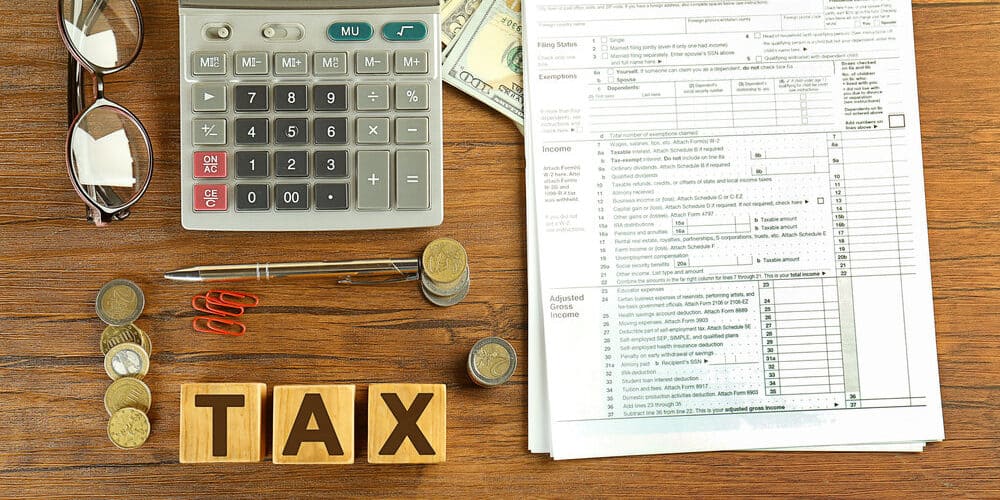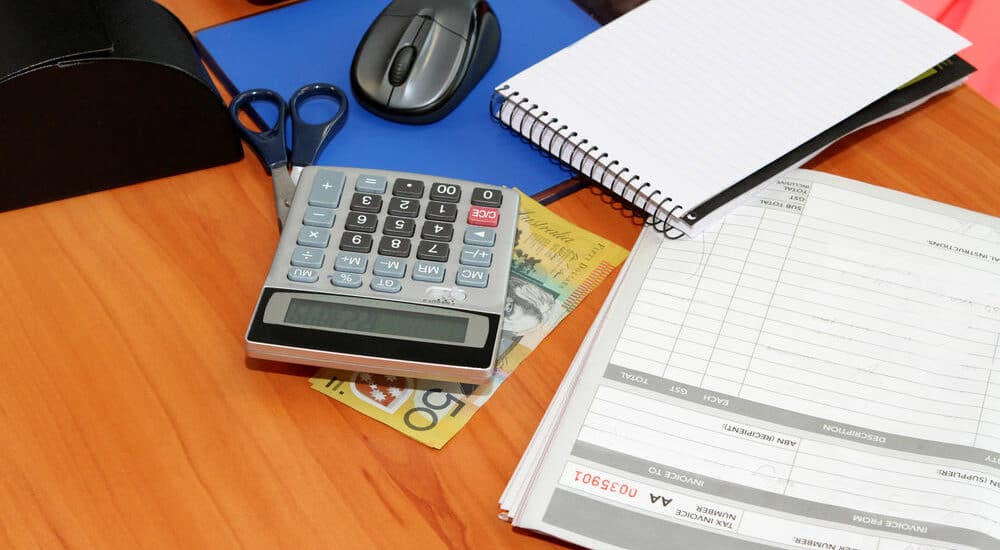
BY
|
What You Need to Know About the Assessable Income Test
New sole trader or partnership businesses often operate at a loss for the first few years as they grow.
To keep the business growing, sole traders and partners often have to cover the loss with other forms of income, usually salary income. Typically, in the initial stages of growing their new business, these individuals continue to generate income from their other sources of employment.
In other words, they run a side business while earning income elsewhere.
So, to help new businesses navigate this initial growth period, the Australian Tax Office (ATO) allows sole traders and partnerships to offset their non-commercial loss against other income, provided they meet all the eligibility requirements through the assessable income test.
Allowing businesses to offset their non-commercial loss against their other income often significantly reduces taxable income, giving you a bigger tax refund.
However, the ATO proposes several requirements that you should know before trying to offset your non-commercial loss.
Here are the five rules you need to know about meeting the requirements of the assessable income test.
1. There Is a Difference Between a Hobby and Running a Business
According to the ATO, it’s important to acknowledge that not all income-generating activities are defined as a “business” for tax purposes. If you’ve incurred a loss due to engaging in a hobby such as selling your paintings to friends or taking family pictures on an odd occasion, your loss won’t be considered a non-commercial loss.
Investments that generate passive income are also not considered business activities, and you won’t be allowed to offset any loss.
The ATO suggests that “If it is unlikely ever to make a profit and doesn’t have a significant commercial purpose or character, you can’t offset the loss against your other income.”
If you can’t deduct the loss in the current financial year, the ATO allows you to defer your loss for use in a later year when you eventually make a profit.
There are no definitive rules that separate income-generating hobbies and businesses, but if you can use the following guide to help you establish whether or not you’re running a business:
- You carry out business-like activities intending to generate an income,
- Your activities are organised and planned in a business-like manner,
- You carry out similar activities as part of your operations, and
- You can compare your activities, scale, and size to those of other established businesses in the industry.
2. The Assessable Income Test Requirements
Beyond being classified as a business, sole traders and partners in a partnership can only offset their non-commercial loss against their other taxable income if they meet the income requirement test.
According to the income requirement test, you can offset your non-commercial losses against other income, provided your adjusted taxable income is less than $250,000.
Your adjusted taxable income is calculated as follows:
Adjusted Taxable Income = Taxable Income + Total reportable fringe benefits + Reportable superannuation contributions + Total net investment losses
3. The Four Non-Commercial Loss Test
Running a defined business and satisfying the income test still doesn’t render you eligible to claim non-commercial losses. In addition to meeting the assessable income requirement, you’ll need to meet at least one of the four non-commercial loss tests:
- The assessable income test: the assessable income from your business activity (i.e. your gross earnings and capital gains) must be at least $20,000. According to the ATO, if your business has been operating for less than a year or if the business activity ceases during the income year, you can reasonably estimate your income for the entire financial year.
- The profit test: if your business has been operating for more than five years, then your business activity must have yielded a profit in at least three of those years, up to and including the current year.
- The real property test: should you use real property to the value of at least $500,000 as part of your business activity, you’ll meet the requirements of the real property test. Real property can range from land and leases to buildings fixed to the land. However, fixtures owned by you as a tenant or dwellings/ adjacent land used for private purposes will not be considered real property for this test.
- Other financial assets test: If you own assets other than real property and motor vehicles to the value of $100,000 or more and use them continuously as part of your business activity, you’ll satisfy the other assets test. Assets can include plant and equipment, intangible assets (trademarks, copyrights, and patents), trading stock, and leased assets from another entity.
4. The Commissioner’s Discretion
Meet the employment income test requirements but don’t meet the requirements of any of the four non-commercial loss tests.
You can apply to the Commissioner of Taxation and request that he exercise his discretion to allow you to offset your non-commercial losses.
However, for the Commissioner to allow you to offset your loss, you’ll have to meet one of the following requirements:
- there is a likelihood that your business activity would have satisfied one of the four non-commercial loss tests, but due to special circumstances outside of your control, it doesn’t, or
- as a result of the inherent nature of your business activity, there is a substantiated expectation that you’ll eventually meet one of the four non-commercial loss tests or make a tax profit within a reasonable period relevant to the industry. In other words, the nature of your industry suggests a long lead time.
5. Other Income: The Exception to the Non-Commercial Loss Rules
The ATO allows sole trader and partnership businesses classified as primary production or professional arts to be exempted from the non-commercial loss tests if your assessable income from other sources (in other words, not related to your business activity) is less than $40,000 (excluding net capital gains).
What is a Primary Production Business Activity?
Primary production business activities include:
- Tree farming
- Felling
- Fishing
- Pearling
- Plant cultivation
- Animal cultivation
What is Classified as Professional Arts Businesses?
Your activities will be classified as a professional arts business if you’re a:
- Performing artist
- Production associate
- Literature author or an author of dramatic, musical or other artistic work
Key Takeaways
Running either a sole trader or partnership business can be rewarding, but it also comes with unique challenges.
One of those challenges is running at a loss while your business is growing. However, if you’re generating other sources of income to help substantiate that loss, you may be able to offset your non-commercial loss from your income.
To qualify for this relief, you must satisfy the non-commercial loss rules such as running a defined business and meeting the assessable income test and one of the four non-commercial loss tests.
Fortunately, the Commissioner of Taxation can allow you to offset your loss in certain circumstances, and if you’re running a primary production business or are in the performing arts industry, you could potentially be exempted from the non-commercial loss tests.
You may want to consider consulting a business advisor or accountant because there are quite a few hoops to jump through to offset your non-commercial losses. They can help you identify whether or not you meet the requirements and guide you through the process.
Box Advisory Services has been helping clients benefit from the ATO’s non-commercial loss tax refund for years. We’ll walk you through all the options available so you can make an informed decision about navigating non-commercial losses.
To discuss any matter relating to non-commercial losses, get in touch or book a free initial consultation today!
Disclaimer:
Please note that every effort has been made to ensure that the information provided in this guide is accurate. You should note, however, that the information is intended as a guide only, providing an overview of general information available to property buyers and investors. This guide is not intended to be an exhaustive source of information and should not be seen to constitute legal, tax or investment advice. You should, where necessary, seek your own advice for any legal, tax or investment issues raised in your affairs.



